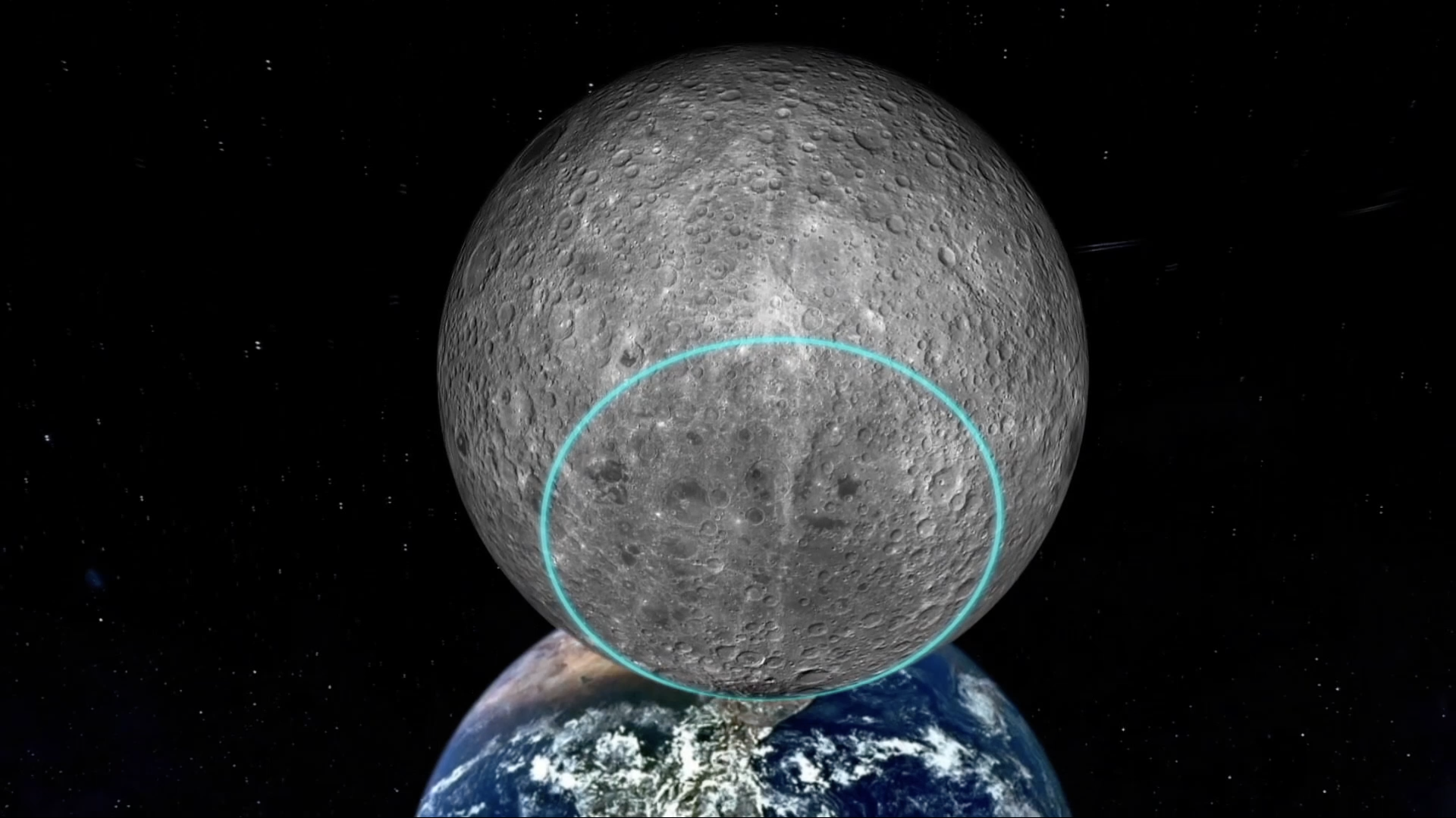Critique of Microsoft AI Chief's Views

The discourse around artificial intelligence (AI) is intensifying, particularly as voices within the industry, like Mustafa Suleyman of Microsoft, caution against potential pitfalls. Suleyman's recent remarks highlight a critical insight: as AI becomes more interwoven into our daily lives, its impact on humanity warrants deep reflection. Understanding AI not just as a tool, but as a mirror that reflects our own capabilities and values, is crucial for navigating its future.
Suleyman's call for AI to be human-centered rather than a clone of human nature resonates with broader technological trends. The notion that large language models (LLMs) could be mistaken for conscious beings, leading to calls for 'AI rights' and 'AI welfare,' plays into a growing sentiment across digital spaces. When people develop attachments to non-human entities, it raises profound ethical and philosophical questions about our relationship with technology. Examples abound from the emotional fervor expressed by users during OpenAI's cessation of the GPT-4o model, where many viewed the AI as a companion. This signals a warning: as machines grow more human-like, the boundaries of our understanding blur, challenging the very fabric of societal norms.
In concluding, Suleyman's message is both a clarion call for cautious innovation and an invitation to re-examine our values in the age of AI. He emphasizes the need for 'safety fences'—a framework within which AI can operate without overstepping ethical boundaries. It raises a pressing question: As we strive to create benevolent AI, how do we balance innovation with the fundamental principles that preserve our humanity?
Read These Next

Global Leaders and Tech CEOs Unite in Paris for AI Summit
A summit in Paris addressed AI innovation and responsibility, emphasizing the need for international cooperation and regulation.

China Calls on US to Avoid Politics in COVID-19 Origins Probe
China urges the US to halt political maneuvering on COVID-19 origins, emphasizing transparency and international collaboration.

Moon Soil Samples to be Featured at World Expo 2023
Moon soil samples from China’s Chang'e-6 mission will be showcased together for the first time at World Expo 2025 in Osaka.
